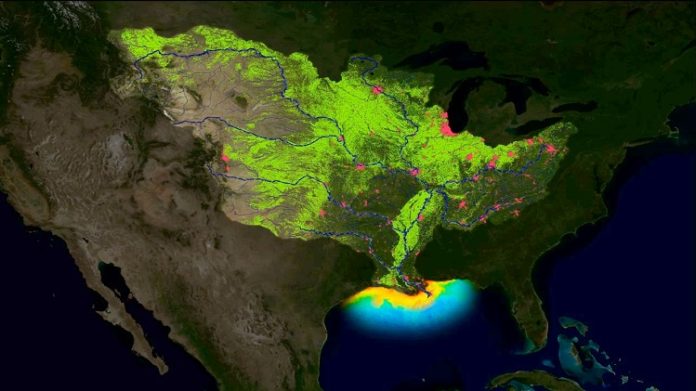
To the editor:
The lawsuit by the Des Moines Water Works has brought a firestorm of protests from the Farm Bureau, farmers and commodity groups. They want to dismantle the Waterworks.
How will that solve the water quality problem?
The water supply has deteriorated significantly in recent years, and people want the problem solved. Science has identified the cause of the problem as high levels of chemical fertilizer, animal manure and soil entering our rivers and streams.
Studies by Iowa State University and others have proved that is the problem. They even developed a Nutrient Management Strategy as way to solve the problem. It is a very comprehensive and costly plan to implement.
The real uproar is not so much about what the problem is but who will pay to fix it.
Let’s do like we did with the tobacco industry when they finally came to grips with the fact it causes cancer and other diseases. We taxed tobacco. This reduced the use of tobacco significantly, and the tax income was used to fund projects to further reduce use and to find cures for cancer and other diseases.
If we taxed chemical fertilizers and each animal unit of livestock raised in CAFOs and gave that money to farmers to cover the cost of implementing a nutrient management plan and soil conservation plan for every farm over the next 15 years, we could once again have clean water.
The farmers in turn would be required to have these nutrient and soil plans in place in order to receive subsidized crop insurance and price-protection payments.
The tax would increase farmers’ production costs, which would be passed on to the consumer, that is, all of us who eat food. It’s time we realize cheap food has environmental costs.
Those farmers who use less chemicals and raise livestock on pasture would be taxed less because they would be using more environmentally sound practices, making themselves more competitive.
Which is more important, paying less for our food that destroys our environment or paying for quality food and a clean environment? Ask your grandchildren which it should be.
Jim Yungclas
Grinnell


















Great idea. I’m in.
I have a better idea. Why don’t we vote out every politician, fire every bureaucrat and unseat every judge in the pocket of Big Ag as well as pass legislation restricting the use of these toxins at the source, jailing every farmer for breaking the new laws and re-instituting the long trampled on anti-trust laws that had a handle on most of this decades ago? Instead of finding the money to clean the cigarette stink out of your drapes, try not letting folks smoke in your darn house first.
I’m a little disturbed at the fundamental misunderstanding of how farming works and the assertion that Iowa farmers are to blame for the hypoxic zone in the gulf. While ag does contribute to this “dead zone,” they aren’t the only contributors as only roughly 25 percent can be attributed to ag. There are certainly things the ag community at large can do to control runoff, erosion and leaching, but every farm is different, and thus management practices between farms will be different. Endorsing a blanket tax on an industry already working on thin margins and assuming those costs will be passed to consumers shows a level of naivety that may read well in print but in no way solves the problem but rather damages the industry and the people who are the champions of conservation.